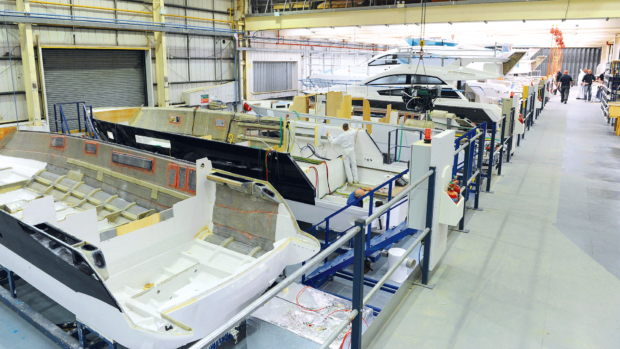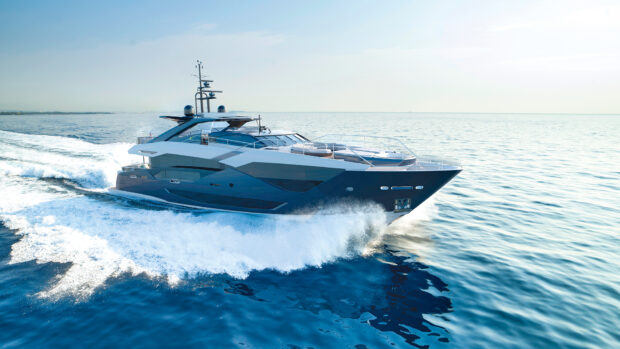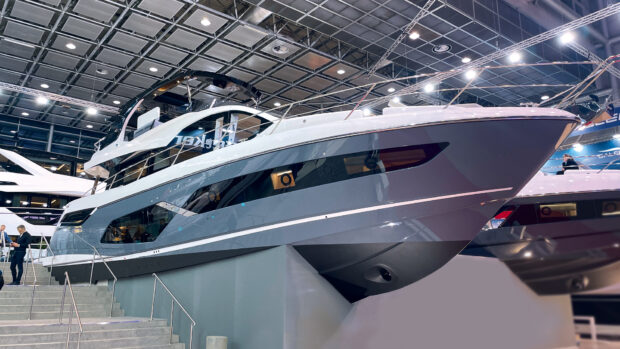The new IPV (Intended Pleasure Vessels) Code was introduced by the MCA in January and allows privately owned boats to be temporarily used commercially. Read all about it here
What is the IPV Code?
The Intended Pleasure Vessels Code introduced by the Maritime and Coastguard Agency in January is designed to cover privately owned vessels being temporarily used in a commercial capacity, such as customer sea trials, skippered delivery passages and safety boat duties at races or events.
Who has developed it?
Because it has such wide-ranging implications for both private owners and marine businesses, the Maritime and Coastguard Agency (MCA) developed it in partnership with the ‘pleasure vessel community’. This included British Marine, the Royal Yachting Association (RYA), the Yacht Brokers, Designers and Surveyors Association (YBDSA), British Rowing and British Canoeing.
Why is it needed?
Previously, any small boat being used in a commercial capacity should have complied with a complex coding system set out in the Small Vessels in Commercial Use for Sport or Pleasure, Workboats and Pilot Boats – Alternative Construction Standards.
It’s a set of standards that includes safety equipment, on board signage and even a stability test that has to be confirmed by an MCA-approved surveyor. In reality only charter vessels, day trip fishing boats and other craft regularly used for commercial activities tended to go through the full coding process, leaving private boats being temporarily used in a ‘commercial’ capacity in a grey area.
What does the new IPV code cover?
Activities that a boat normally only used for private pleasure might temporarily be involved in. Examples include a stock boat being demonstrated to a customer by a yacht broker, a surveyor sea-trialling a boat before sale and a private individual lending his or her boat to assist as a safety boat, a committee boat or for marshalling duties.
How does the new code alleviate this problem?
The existing coding requirements still exist, however the new code outlines a set of circumstances in which they would be deemed not to apply, such as those listed above. In the words of Lesley Robinson, British Marine’s CEO: “The introduction of the IPV Code paves the way for additional activity on a single-voyage basis without the need for additional external approval; streamlining processes and reducing costs.”
Does this give carte blanche to running a private boat commercially?
No, because by its very nature it is a temporary measure to be applied on a single voyage basis, and there are limits to its scope, including the number of people on board, the voyage length, the distance from a safe haven and from land.
Where can I find the full details?
For the full terms and limitations, search for the words ‘IPV code’ on the MCA’s page here.

New gear: Volvo Penta Active Corrosion Protection
The new Active Corrosion Protection system by Volvo Penta is an electronic anode system that replaces conventional zinc or magnesium

Ocean Village to host the South Coast Boat Show
Southampton's Ocean Village marina to will play host to the South Coast Boat show with exhibitors including Axopar, Beneteau and

Wally becomes part of Ferretti Group
Ferretti Group commits to investing €84 million into the Wally brand over four years









